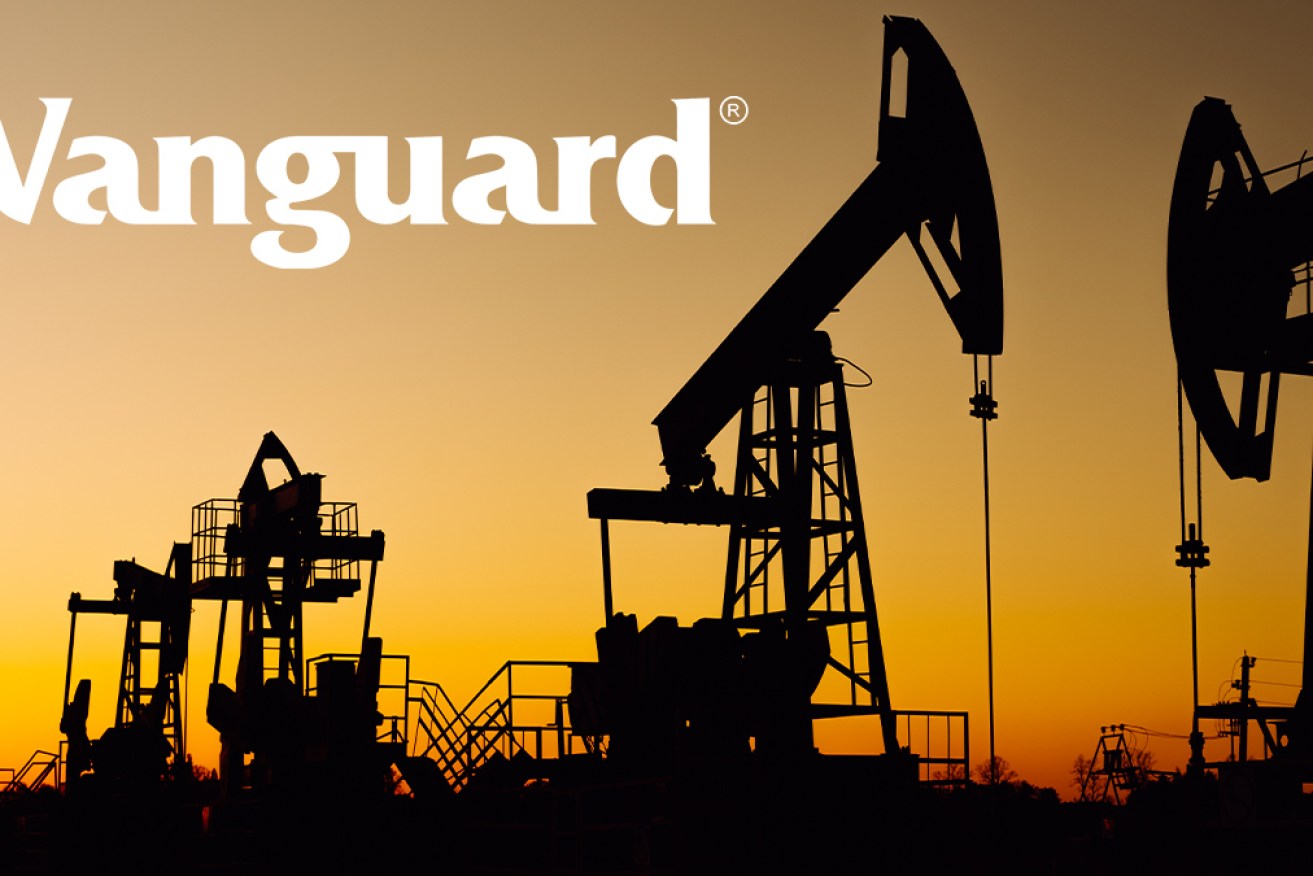ASIC sues Vanguard over greenwashing claims, after earlier penalties


Vanguard invested in fossil fuels despite telling investors it wouldn't. Photo: TND
Greenwashing is in the sights of regulators, with the Australian Securities and Investments Commission (ASIC) suing global investment giant Vanguard over claims that its $1 billion ethical bond fund was not complying with the mandates it promised investors would guide it.
The alleged breaches are pretty egregious, with more than 200 bonds not measuring up to Vanguard’s claimed restrictions, which among other things barred investments in fossil fuels.
Some of the bonds were, in fact, funding oil and gas exploration.
Companies behind the bonds included Chile’s state oil company, US chemical giant Chevron Phillips and Abu Dhabi’s state oil company.
Vanguard says it turned itself in to the regulator over the issue.
Broken promises
“We consider that the screening and research undertaken on behalf of Vanguard was far more limited than that being promised to investors, and we consider this constitutes another example of greenwashing,” ASIC deputy chair Sarah Court said.
The practice of greenwashing where investors or consumers are told a business is greener than it is in practice is a major issue, according to Market Forces acting CEO Will van de Pol.
“I think it’s fair to say that there is a considerable amount of greenwashing going on in investment markets,” Mr van de Pol said.
And Vanguard, a $12 trillion global giant which recently entered the Australian superannuation market, has already been hit with $39,960 in penalties by ASIC for greenwashing.
‘Known as a laggard’
“Vanguard in particular has long been known as a laggard on climate and environmental issues,” Mr van de Pol said.
“The fact that they can’t be trusted to invest in their ethical options responsibly probably gives you a good indication of what they’re doing with the trillions of dollars they have in non-ethical branded products as well,” he said.
Regulators are ramping up actions against greenwashing with ASIC doling out $140,000 in infringement notices in recent times, and launching legal action against superannuation giant Mercer.
Mercer’s Sustainable Plus investment option was invested in 49 gambling, fossil fuel and alcohol companies despite its mandates barring those, ASIC contends.
It’s not just greenwashing over specific investments that concerns Mr van de Pol. It is financial houses making promises they can’t keep.
“The biggest concern that we’re seeing is financial institutions making climate commitments like support for the Paris Agreement for net-zero emissions by 2050 and not having a reasonable basis to back up those commitments,” Mr van de Pol said.
“That’s the sort of area we’d be keen to get regulators focused on.”
ESG investments
Looking at the superannuation sector it seems that funds with ESG (environment, social and governance) are investing quite differently from the standard MySuper option, where most Australians have their super money.
Research by Rainmaker found that ESG funds have significantly less invested in the materials (mining), financials and energy sector than the MySuper average, as the above chart demonstrates.
The difference is made up by larger exposures to health care, consumer products, communications and IT.
“Contrary to common perception, the findings highlighted that an ESG investment strategy involves more than simply avoiding certain investments,” Rainmaker research director Alex Dunnin said.
That means ESG funds are putting together a real alternative strategy for investors that is likely to produce good returns for the environmentally conscious.
“ESG products showed reduced exposure to companies such as BHP, Woodside Energy and Transurban, but overweight positions in CSL, Telstra and ResMed,” Mr Dunnin said.
The latest figures from Rainmaker for the 11 months to May 31 show that ESG funds outperformed. They returned an average of 7.7 per cent compared to 7 per cent for the regular balanced product.
Regulators are also cracking down on ESG funds to ensure that they deliver members adequate returns along with genuine ESG investments.
Regulator APRA recently told investment funds they needed to warn investors about “qualitative or quantitative environmental, social and governance factors that may affect the risk-return profile of investments through their impact on assets, companies, industries or markets generally”.
You can’t hide
[APRA is saying] “if you want to sign up to [ethical or environmental] affiliations then go for it but you’ve got to justify what you’re doing in terms of acting in members’ best interests,” Mr Dunnin said.
He said funds are unable to hide from scrutiny even if they are not claiming ESG status.
“ASIC has started talking about green hushing. You’ve still got to tell people what you’re doing and why, even if you’re not interested in ESG investing.”
The ACCC has also jumped on the greenwashing regulatory train following a survey it conducted that found 57 per cent of businesses reviewed were making potentially misleading environmental claims.
As a result, it has now issued anti-greenwashing guidelines.
The New Daily is owned by Industry Super Holdings








